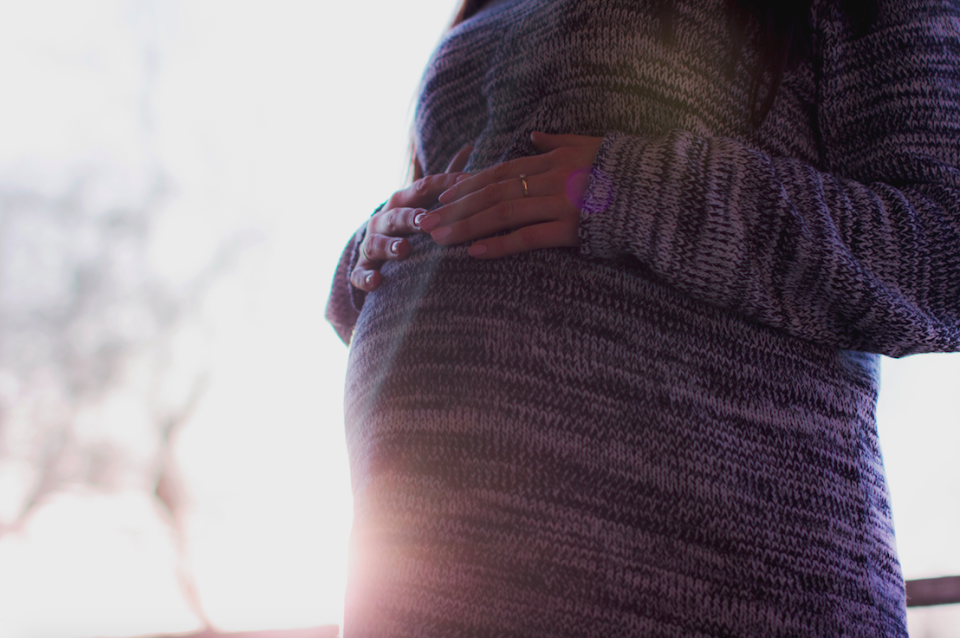Shocking Figures Show How Little We’ve Advanced When It Comes To The Gender Pay Gap

Women are still earning 18% less than their male counterparts [Photo: startupstockphotos.com via Pexels}
Cast your mind back to the workplace of twenty years ago and you’ll likely remember that back then it was common knowledge that men earnt considerably more than their female counterparts. 18% more to be precise. So far so unfair, but all that was before the powerful drive to close the gender pay gap. So it’s somewhat disappointing to learn that today, in 2016, and more than four decades after the Equal Pay Act, women are still earning 18% less an hour than men.
According to a study by the Institute of Fiscal Studies (IFS), despite dropping from 28% in 1993 and 23% in 2003, the difference between the earnings of men and women remains the same as it was twenty years ago.
What’s more the research also reveals that women are facing a ‘motherhood wage penalty’ that sees their pay fall, relative to their male colleagues, for up to 12 years after having children. The study highlights that the wage gap between men and women becomes steadily wider in the years after women have children, to the point where they are earning a whopping 33% less than men an hour.

The gender pay gap is still as wide as it was 20 years ago [Photo: PA Images]
Robert Joyce, one of the IFS report’s authors, explained that though mums did not see an immediate cut in their hourly wages when they reduce their hours, they could be missing out on promotions and pay rises enjoyed by their male counterparts.
“The gap between the hourly pay of higher-educated men and women has not closed at all in the last 20 years,” he said.
“Women who work half-time lose out on subsequent wage progression, meaning that the hourly wages of men (and of women in full-time work) pull further and further ahead.
"In addition, women who take time out of paid work altogether and then return to the labour market miss out on wage growth,” he added.
The report serves to highlight the challenge facing Prime Minister, Theresa May in closing the pay gap. In her first statement as Prime Minister, May highlighted the stubborn gap between male and female wages and hinted at her desire to create a “Britain that works for everyone.” But the latest research offers some insight that there is still much to be done to close the stubbornly wide gulf between male and female pay packets.

Mothers are facing a ‘motherhood wage penalty’ [Photo: freestocks.org via Pexels]
Speaking about the findings Sam Smethers, chief executive of women’s equality campaigners the Fawcett Society, told the Huffington Post that the research highlights that mothers’ skills are being wasted in the workplace.
“What this study very clearly shows is the motherhood wage penalty, which is exacerbated by a lack of quality part-time work.
“We are wasting women’s skills and experience because of the way we choose to structure our labour market.
“Part-time workers can be the most productive, yet reduced hours working becomes a career cul-de-sac for women from which they can’t recover. We desperately need to see more quality part-time jobs.”
Commenting on the report, NCT Head of Campaigns, Abigail Wood, said:
“The results of the Institute of Fiscal Studies show that working mums are still getting a raw deal.”
“It’s completely unacceptable that in the 21st century woman’s skills are devalued as soon as they get pregnant. Why do woman still have to choose between a career and baby?”
“Flexible and part time working arrangements are a win-win for employers and employees. Government and business need to improve their understanding of the root causes behind poor career progression for women and tackle the issue once and for all.”
What do you think of the new research? Let us know @YahooStyleUK
According To Women, 44 Is Too Old To Have A Baby
The Amount Of Working Mums And Pregnant Women That Face Discrimination Is Horrifying


